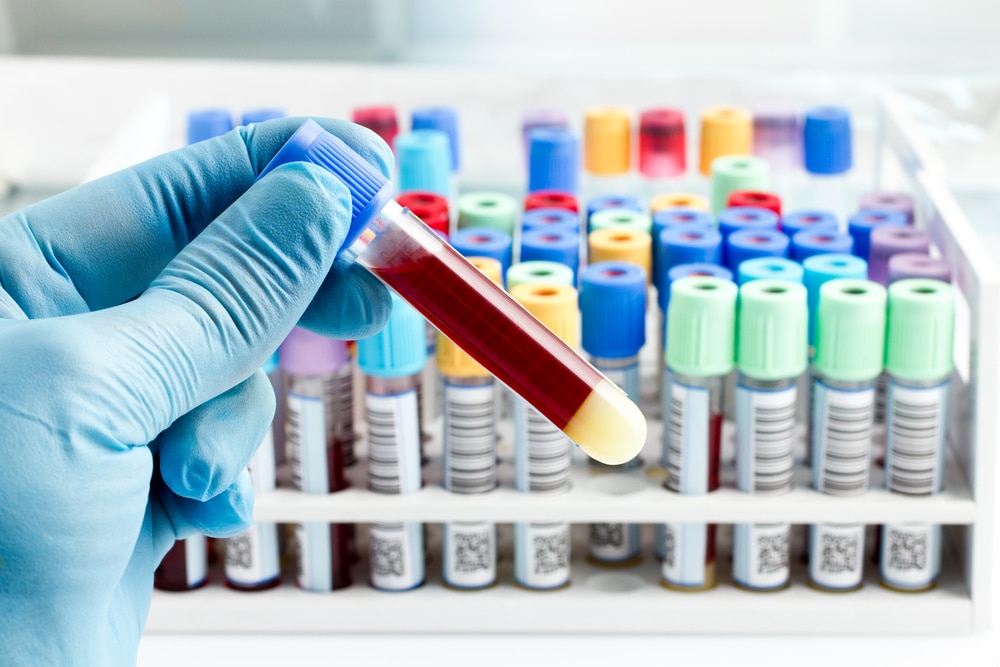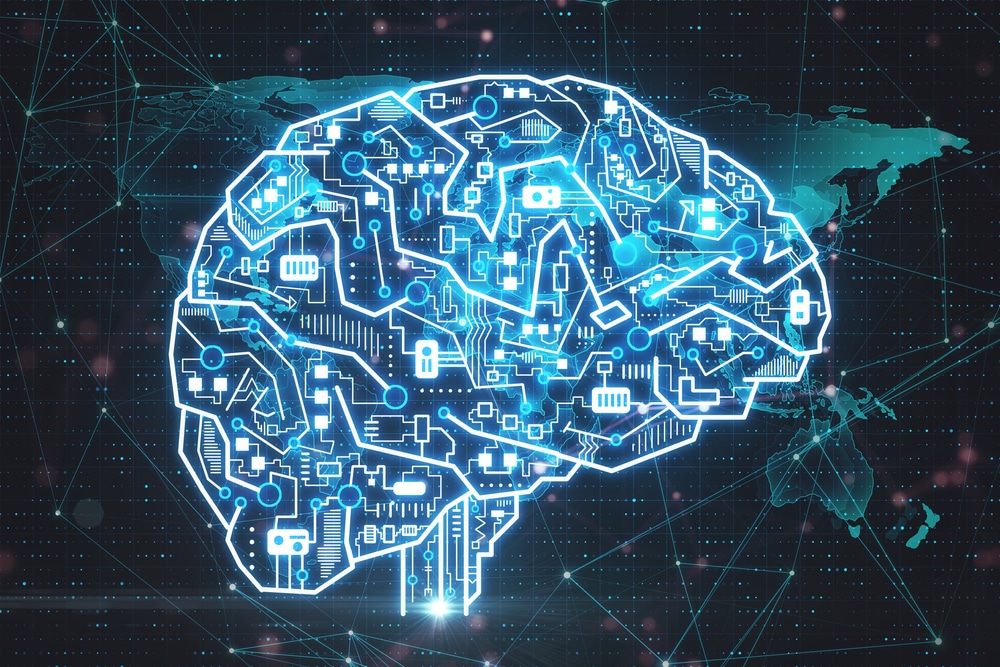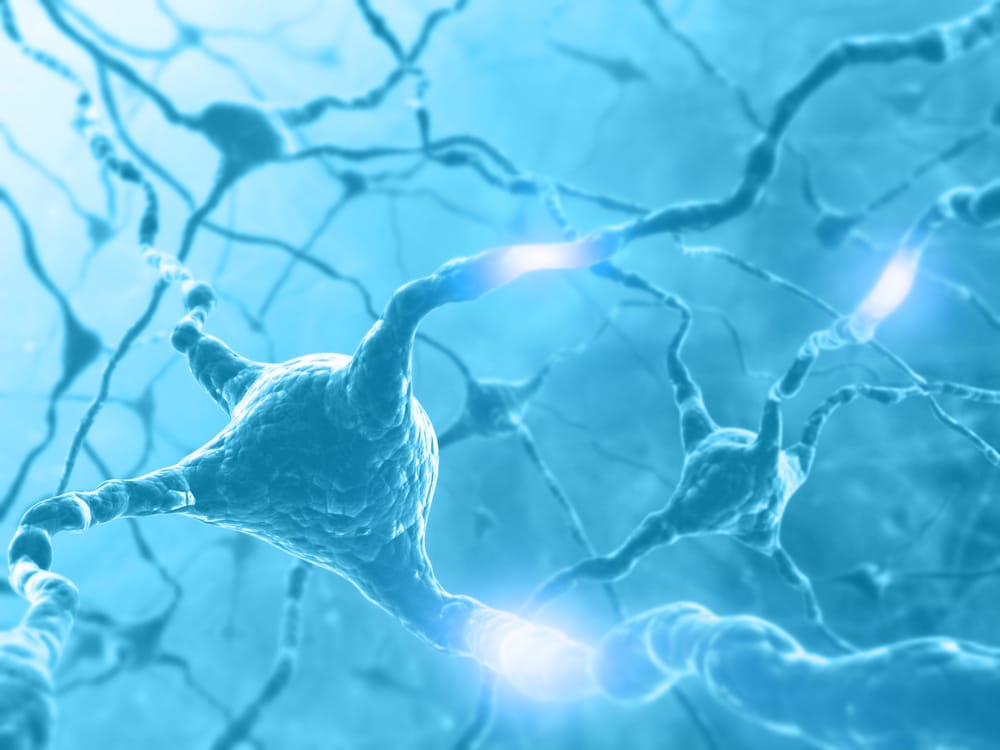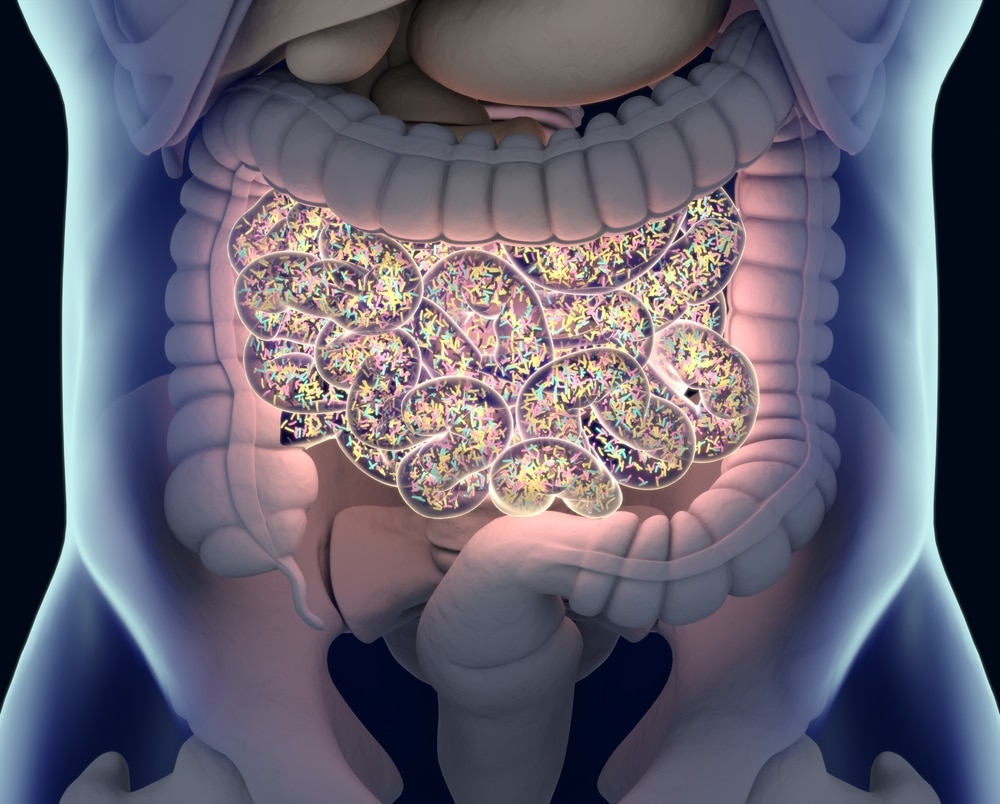Scientists Find TDP-43 May Be a Biomarker for Early ALS Diagnosis
QPS Neuropharmacology
Up to 30,000 Americans are currently living with amyotrophic lateral sclerosis, or ALS. While there is no known cure for this degenerative neurological disease, doctors can slow disease progression if the condition is detected early enough. Now, researchers may have discovered a biomarker that would allow ALS patients to get a diagnosis and start treatment …
Could P-tau181 Unseat Neurofilament Light Chain as a Dementia Biomarker?
QPS Neuropharmacology
Like with all chronic conditions, dementia treatment is often more effective when doctors are able to detect the disease early in its onset. Early detection allows patients to receive more information, more resources, and more support before the condition begins to impact their daily life. Now, new research from the National University of Ireland (NIU) …
Experiments Using the Contextual Fear Conditioning Test Offer Proof of Complex Memory Storage
QPS Neuropharmacology
The human brain’s capacity for memory is truly remarkable. How can one brain store vivid memories ranging from song lyrics to rich experiences to detailed faces? Scientists have long suspected that individual memories are “stored” in multiple areas of the brain – but now, a new study by scientists at The Picower Institute for Learning …
How EAE Induction Research Could Transform MS Outcomes
QPS Neuropharmacology
More than 2.3 million people worldwide have multiple sclerosis (MS), according to the National Multiple Sclerosis Society. While the cause of MS is unknown, it is considered an autoimmune disease, or a condition in which the body’s immune system attacks its own tissues. Autoimmune researchers have long sought a way to “redirect” immune cells to …
Mouse Models Shed Light on Crucial Gut-Brain Connection
QPS Neuropharmacology
If you were asked to point to your brain, what would you do? Chances are, you’d point at your head. But don’t forget about your “second brain” – the brain inside your gut, that is. While your gut doesn’t technically have a brain – at least, not the kind of brain you have in your …





